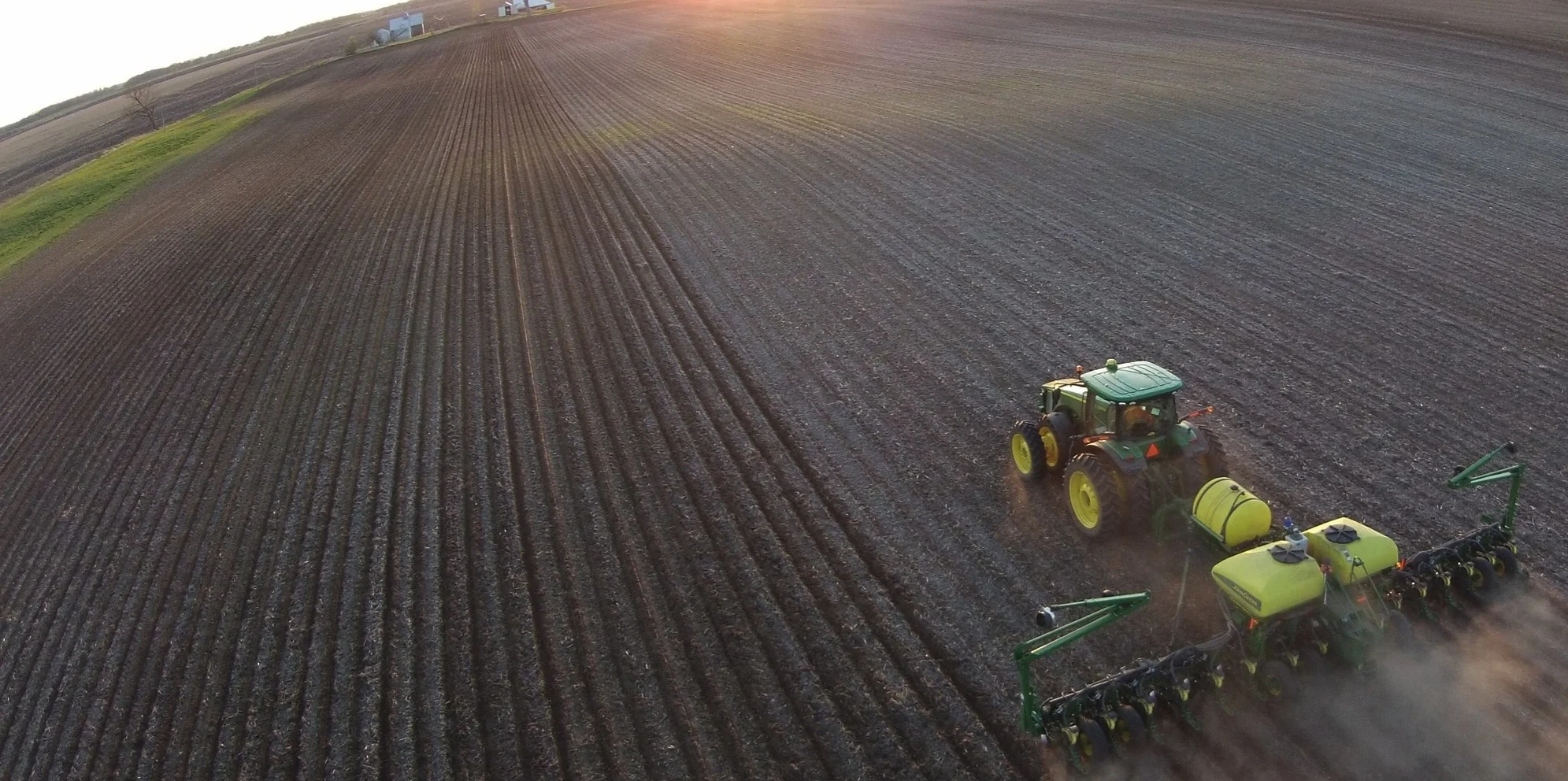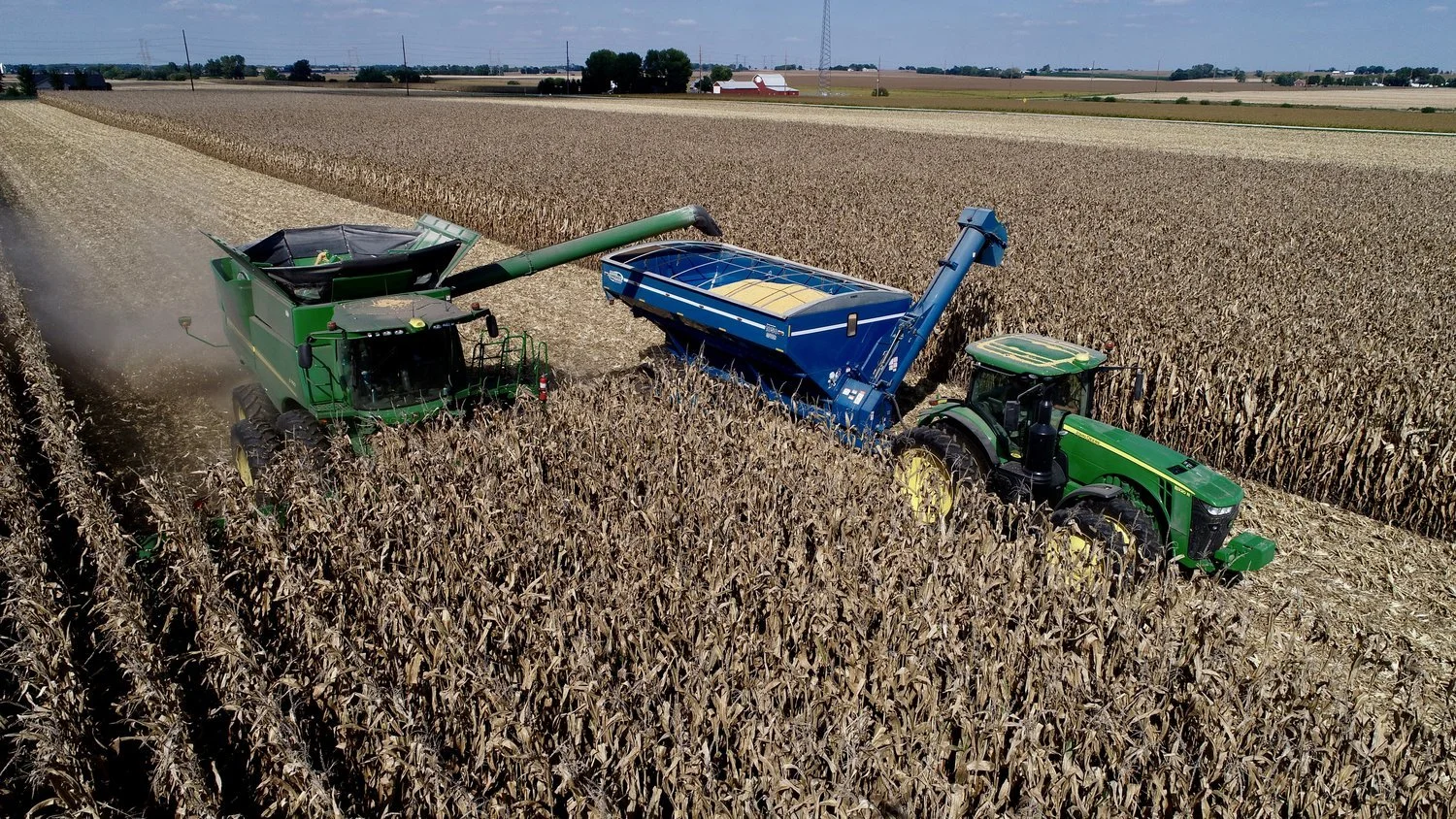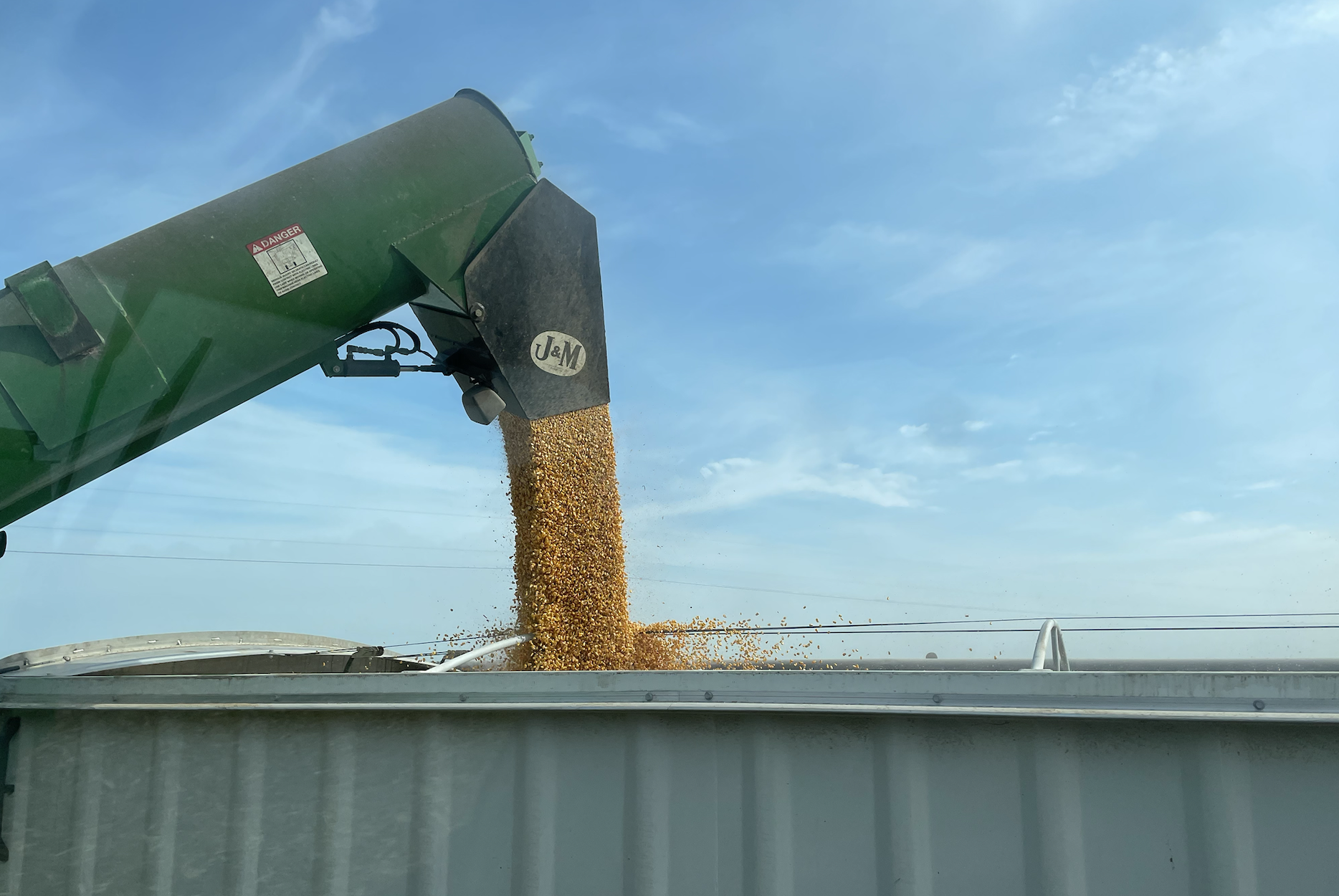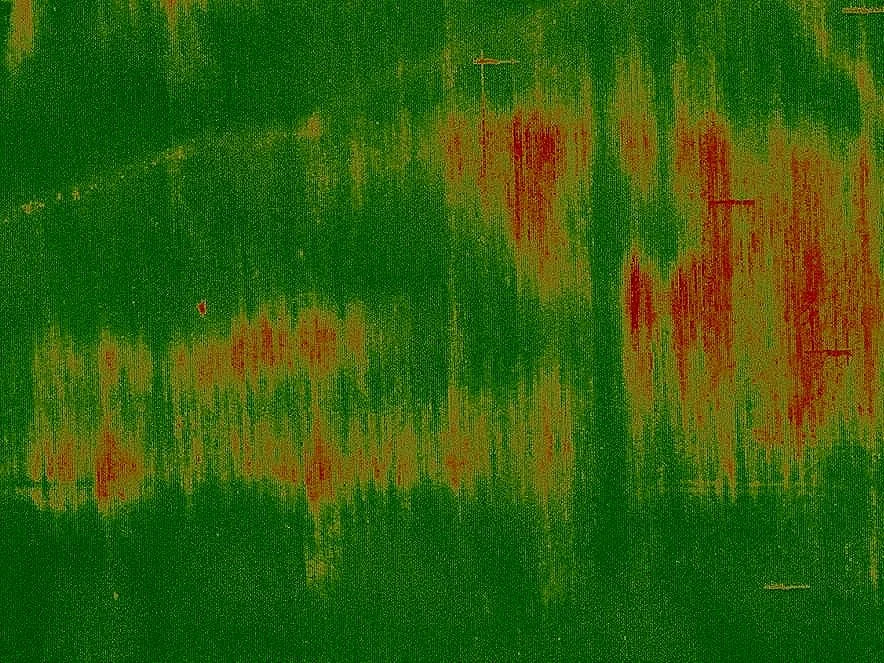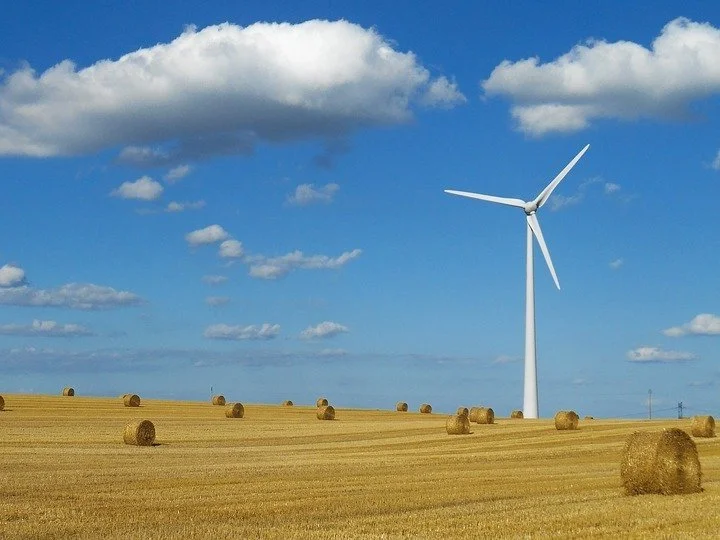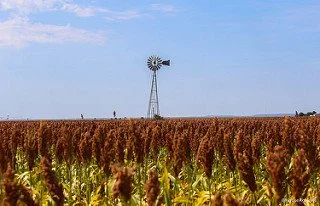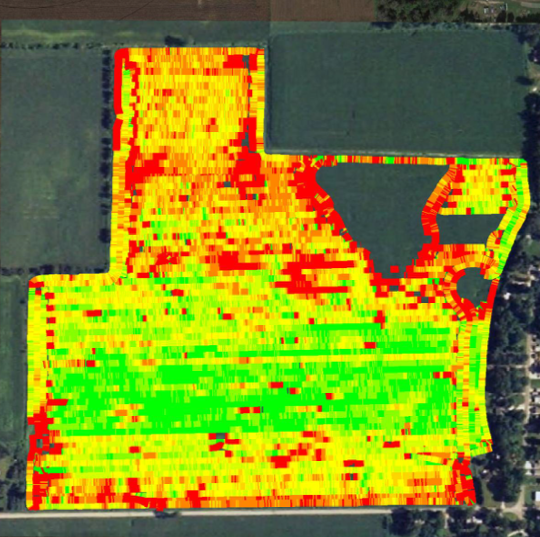Sorry, Right to Repair Advocates: You may be right, but John Deere is on the Winning Side of History
/The recent article on Motherboard is getting a lot of press: Why American Farmers are Hacking Their Tractors with Ukrainian Firmware. The article alleges that John Deere requires farmers to sign a license agreement that forbids farmers from repairing their equipment (without a John Deere technician), and as a result, farmers are reprogramming their machines to run on bootlegged firmware.
I understand the issue. John Deere's license agreement prohibits new tractor owners from tampering with the "Security Measures" on embedded software. Right to Repair advocates want the ability to modify this software to perform repairs and modify their machines. After all, farmers own their tractors, shouldn't they be allowed to edit or replace their software?
But this argument misses one key fact: A John Deere tractor is slowly becoming more of a software device than a hardware device. As the software component of a new tractor becomes more important than the hardware, the desire to repair will decrease to the point that very few people will care.
History has shown us this over and over again.
Early PCs were highly customizable--and very expensive. Owners could modify these machines in many ways: add more memory, add hard drives, change CPUs, change operating systems, etc. Eventually, though, modifying the hardware became less important than upgrading the existing software. Today, Google sells us Chromebooks for $199. No one cares about the right to repair these machines. You buy a new one instead.
When the iPhone first arrived, I remember many complaints about the phone's lack of customizability. Owners could not replace the battery, add more memory, or set their own background screen. All apps came through Apple's proprietary App Store. But does anyone complain about these issues anymore?
Car and Driver just published a fantastic article covering its editors' two-year, 40,000 mile test of a Tesla Model S. One of the more remarkable comments in the article was that the car that began the test was not the same car that ended the test. What the author meant was that the car's hardware was still the same, but the software that operates it had been upgraded multiple times, adding new features such as "autopilot." Autopilot allows a Tesla to drive itself with minimal driver involvement. Would any want a Tesla owner to hack into and modify their autopilot software?
No. That's because a Tesla, as Elon Musk has proclaimed, is more a software device than a hardware device. A Tesla is a "computer on wheels."
My crystal ball shows that John Deere is moving in that direction too. While Right to Repair advocates have a point today, history is on John Deere's side. Some day farmers will not care as much about buying a new John Deere model as they will about the release of the next John Deere operating system.
That does not mean that we should ignore the Right to Repair concerns in the meantime. Owners of used equipment should be allowed to repair it and modify it from the original factory specs. A number of states have pending legislation to address Right to Repair issues, but it is too soon to tell whether these will make a difference.
I suggest we address this issue by changing copyright protection on software to a much shorter timeframe, like 10 years, than what is currently allowed (90+ years). This would establish a default protection, and companies could release their software to the public domain after 10 years. That would mean older equipment could be modified and new equipment would not. Manufacturers could recoup their development costs and farmers using older equipment could undertake whatever repairs and modifications are necessary. It is worth noting that John Deere could accomplish this as well by putting a 10 year term on its license agreement.
I think most farmers would be happy with that result.

